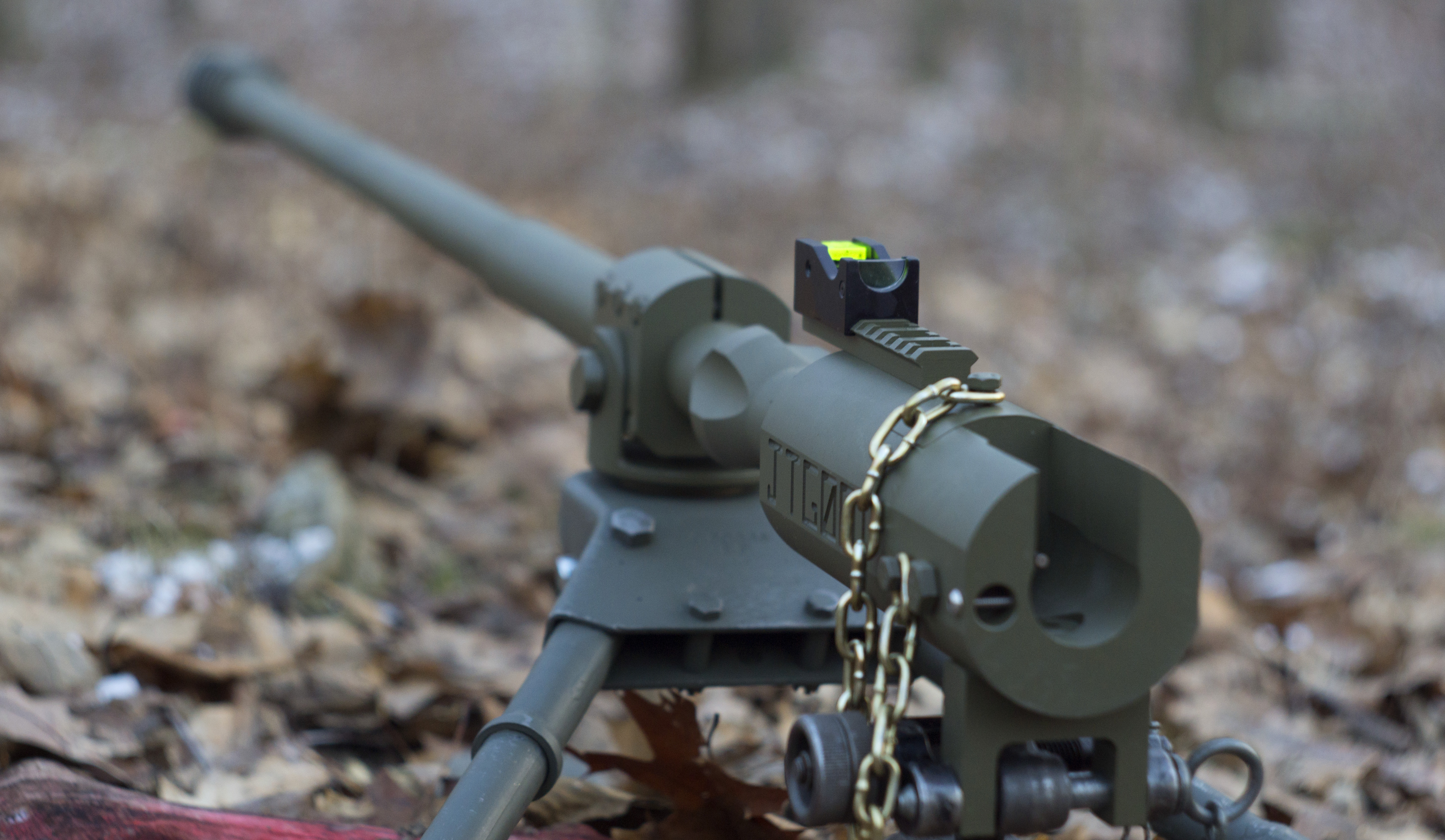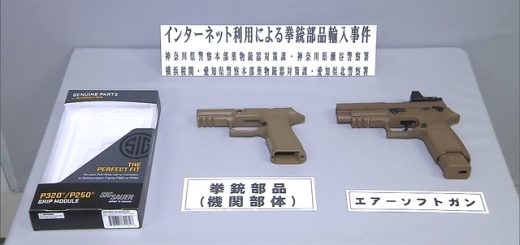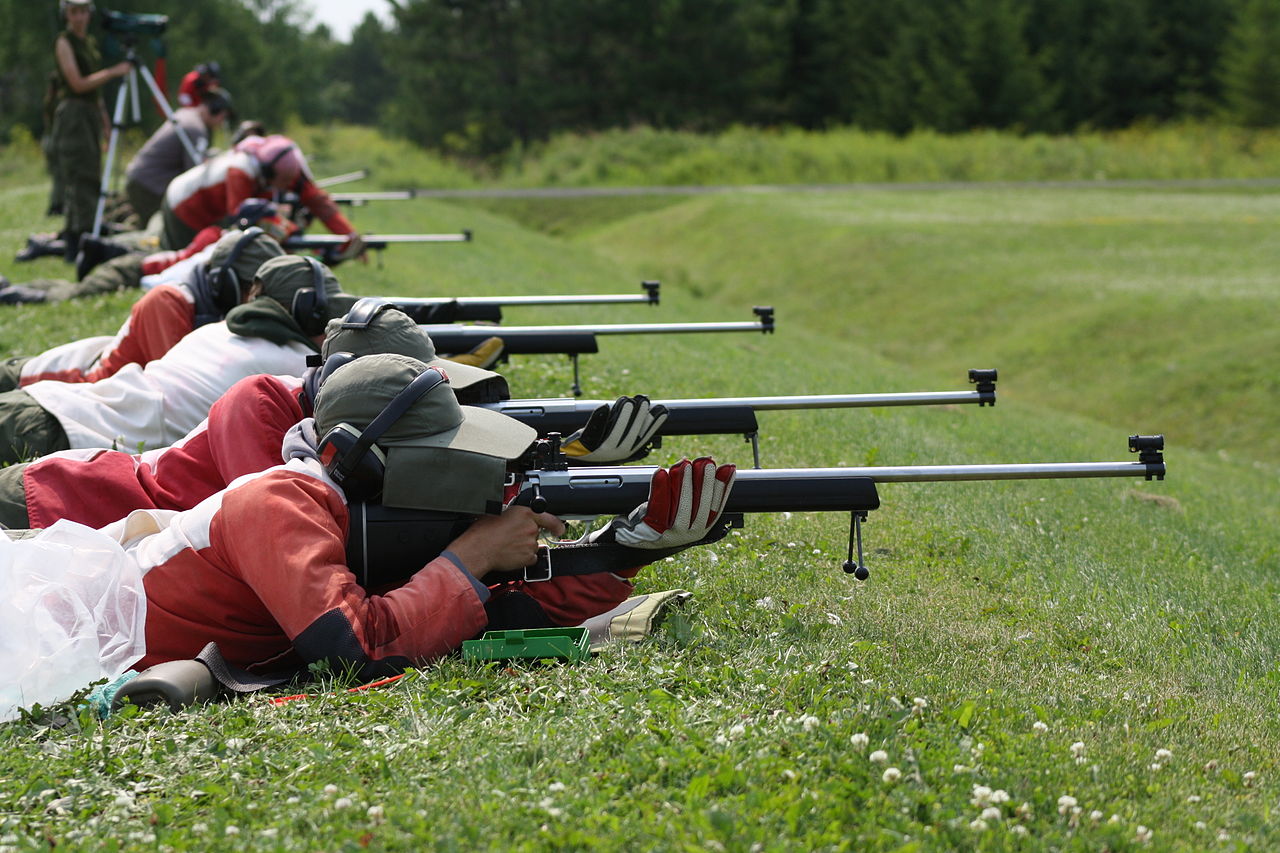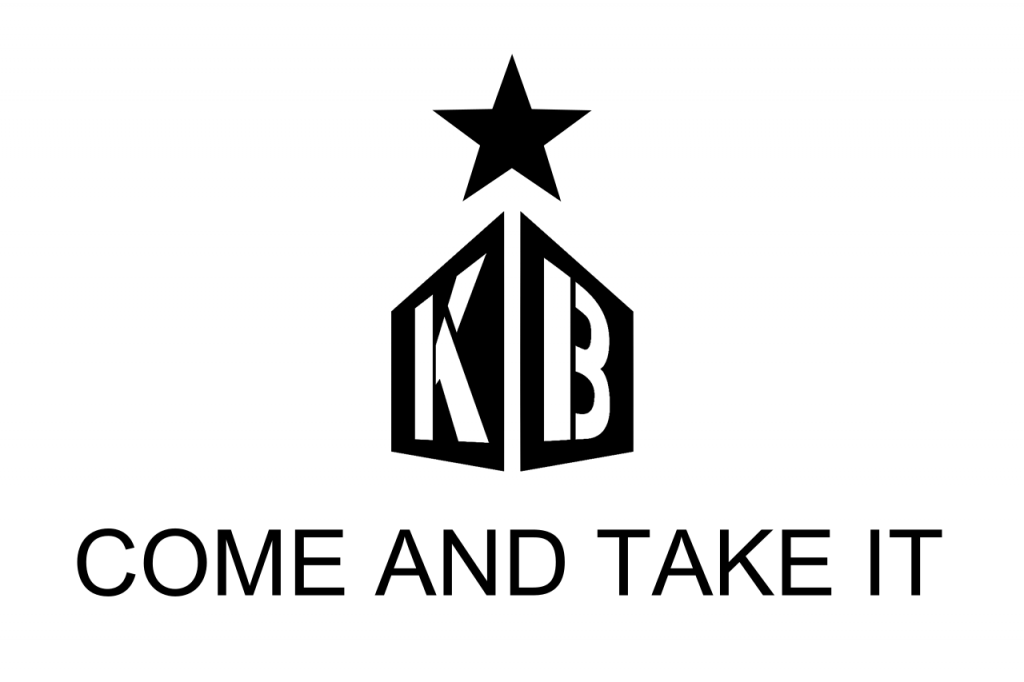Brazil’s Supreme Court Restricts Gun Sales
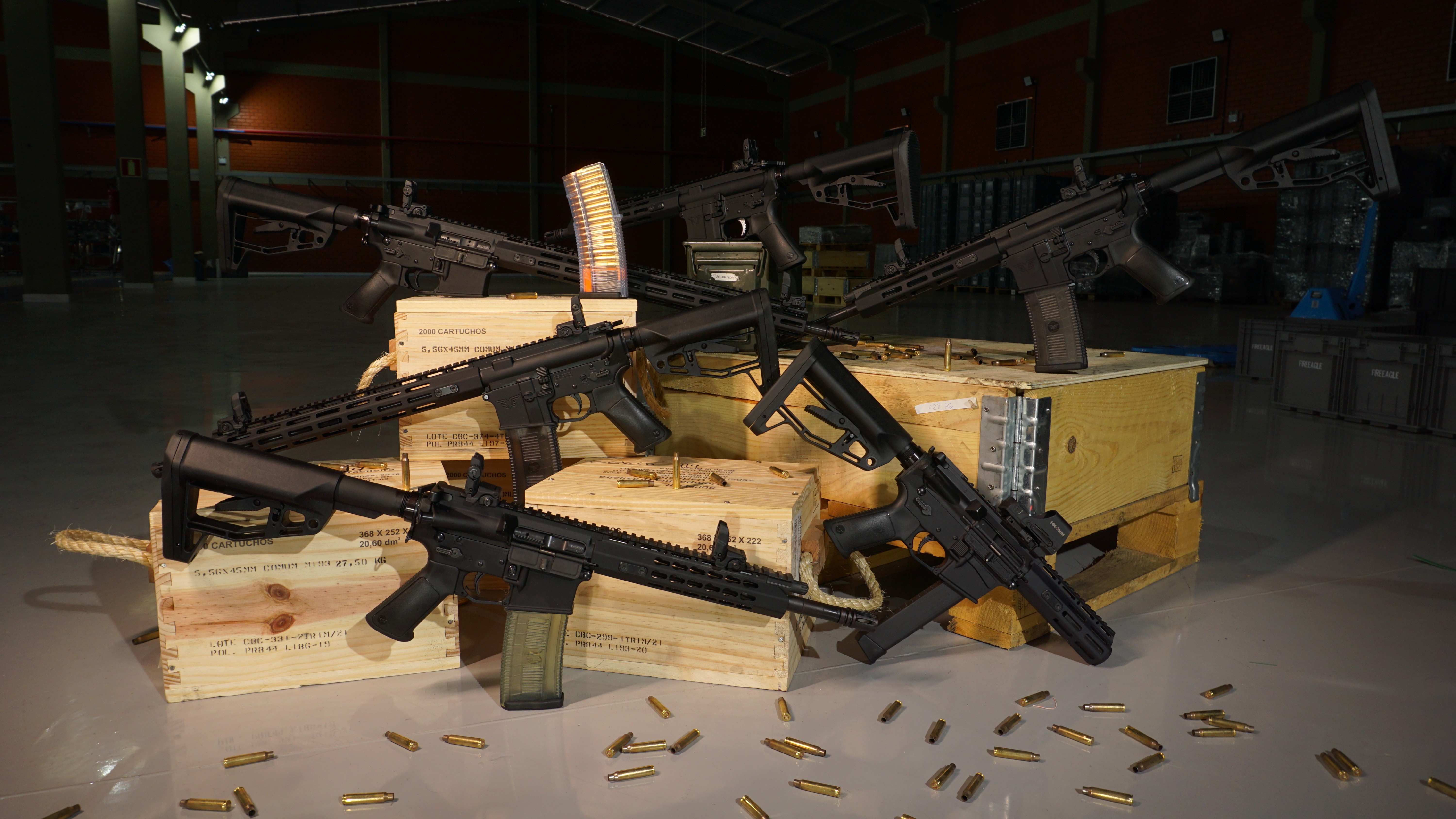
In a rather brash move just weeks before the national election, Brazil’s SFC (Supreme Federal Court) has voted to restrict the sale of weapons that exceed a specific energy output. Now firearms that take calibers over the 1620J output according to SAAMI specs are prohibited. This seemingly arbitrary number restricts many popular hunting and recreation rounds that were previously permitted for sale to citizens.
Historical Context
In Brazil, firearms are classified in two different categories:
– “Permitted Calibers“: Firearms with the muzzle energy below 1,620 Joule output according to SAAMI – Z299 specs, this includes most handgun and shotgun calibers, those can be acquired easily with Federal Police permits for home defense and Army-issued permits for Sport, Hunting and Collection, with higher ammo purchase limits of up to 5000 rounds per year and reloading supplies, also criminal penalties involving firearms considered “permitted” are usually more lax and have a bail.
Examples: 12 Gauge, 9×19 Luger, .380ACP, .22 Long Rifle, .30 Carbine, 6x45mm, .45ACP, .357 Magnum
– “Restricted Calibers“: Firearms with the muzzle energy above 1,620 Joule output according to SAAMI – Z299 specs, this includes almost all rifle calibers and certain handgun calibers such as .44 Magnum and .454 Casull, those can be acquired only with Army-issued permits for Sport, Hunting and Collection. Stores that sell these weapons must follow certain regulations to keep them in stock and on shelves. Such regulations require 24-hour armed security, usually leading to higher prices in both weapons and ammo within this classification. Criminal penalties involving “restricted” firearms carry higher mandatory minimums and no possibility of bail.
Examples: .44 Magnum, .223 Remington, .308 Winchester, .500 S&W
Such classifications were made in 1935 after a constitutional uprising where citizens and members of security and armed forces took up arms against the Federal Government in the last and bloodiest civil uprising in Brazil’s history, before this, there were basically no gun laws, submachine guns were sold in magazine cuts and even World War 1 surplus fighter planes were purchased legally by the irregular Constitutionalist Militia.
From 2019 to Nowadays
With firearm ownership being one of the flagships of the current administration, after several attempts of gun grabbing, including a mandatory public referendum over a total ban of firearm sales in 2005, in which 59 109 265 votes (63,94%) were against the ban of civilian ownership, more votes than any elected president ever had, Brazil finally elected an administration that has been corresponding with the popular will, with several Executive Orders and Internal regulations, firearm ownership skyrocketed in the past 3 years, quadrupling the number of permits issued and firearms in civilian hands raising to above 1.5 million for the first time after the 2000s.
Not only fees were made cheaper, license expiration dates doubled, internal rules were changed to allow citizens to own center-fire semi-automatic rifles for the first time since 1935, in a YouTube live, the CEO of Forjas Taurus admitted having sold over 40.000 of their own domestic model of the AR-15, with many more being imported and sold by different companies, including local importers of Springfield Armory and the new local manufacturer fully focused on AR-15 models, Fire Eagle.
There is a booming market that has moved millions of dollars and reais, for the first time in over 80 years Brazil has opened two new firearm producers, DFA Firearms producing slovenian Arex pistols and Fire Eagle, producing several AR-15 models in .223 and 9x19mm, in both piston and DI variants, and is Brazil’s first legal producer of suppressors, which were also recently made legal to be acquire by permit-holders.

Rights at Stake
The political opposition in Brazil is strong and relentless, after 16 years of constant left-wing parties that nominated 9 of the 11 supreme court members. They have blocked several bills in the Senate, and now they’ve targeted Executive Orders and internal regulations, claiming these decisions “Attack the Constitutional right to life”. An obvious emotional argument contrary to the facts, as Brazil’s notorious high homicide rates have actually decreased by 27% during the past 3 years, in a very clear co-relation to the rise of gun ownership. Registering at 47.503 homicides in 2021, these are the lowest rates in a decade, compared to the highest rate of 62.517 in 2016. More deaths than the on-going Syrian Civil War at the time.

In 2019, senators of the Socialist Party, the Worker’s Party and several other liberal factions of the senate submitted to the Supreme Court to vote for the “unconstitutionality” of these Executive Orders, a legal aberration, since they are presidential measures. Not only was this clear interference in powers, but one of the two conservative leaning Supreme Court members appointed by Jair Bolsonaro’s administration asked for a review of the processes, which should pause the processing of such order. The other members of the Supreme Court illegally ignored his vote and moved on with the order, in a clear illegal measure. Who do we turn to when there’s no court above?
Such a bold and illegal move at this time is no coincidence, as Brazil is having the first term of presidential elections on October 2nd. The case rapporteur claimed urgency on this vote due to “Possible political violence during the elections”, it seems to be one of the many recent cases of the Supreme Court against the popular will.

What can be done?
After tonight the Supreme Court has reached a majority of 6 votes for the ban of sales pertaining to “restricted firearms”. Many are asking, “What do we do now?”. The most legal and clear way would be for the exercising of Army internal regulations or even a presidential Executive Order to simply raise the energy output classification. Such a theoretical executive order would thus make only cannon calibers “restricted”, rendering the attack by the Supreme Federal Court on these gun rights pretty much useless.
But one of the largest concerns that have been raised by dissidents is that the currently ruled measure is not retroactive. Thus, anyone who already owns these firearms will naturally be able to keep and grandfather them. The current ruling also solely restricts the “sale” of such firearms, with zero mention of private transfers nor the sales of ammunition. However, CBC Magtech, one of the world’s prime ammunition producers (and virtually the holder of an ammunition monopoly in Brazil), simply removed from their e-commerce all rifle ammunition, gunpowder, primers and brass. This is leading to an ammo “panic buy” that is currently leaving gun store shelves empty. It’s a very concerning motion of compliance from the major supplier of ammunition due to the nature of the suspension. CBC Magtech’s restriction is more strict than the law requires.

The unfortunate coincidence of the Supreme Court treading on gun rights exactly in the same week Brazil celebrated it’s 200th Independence, on the year that the people took to the streets in a record civic demonstration, should be a worldwide example of the constant fight for autonomy and rights, when a cape-wearing minority wants to deprive the rights of 200 million people.
This post was researched and written by an anonymous local contributor. Some information has been parsed and derived from local news sources.
